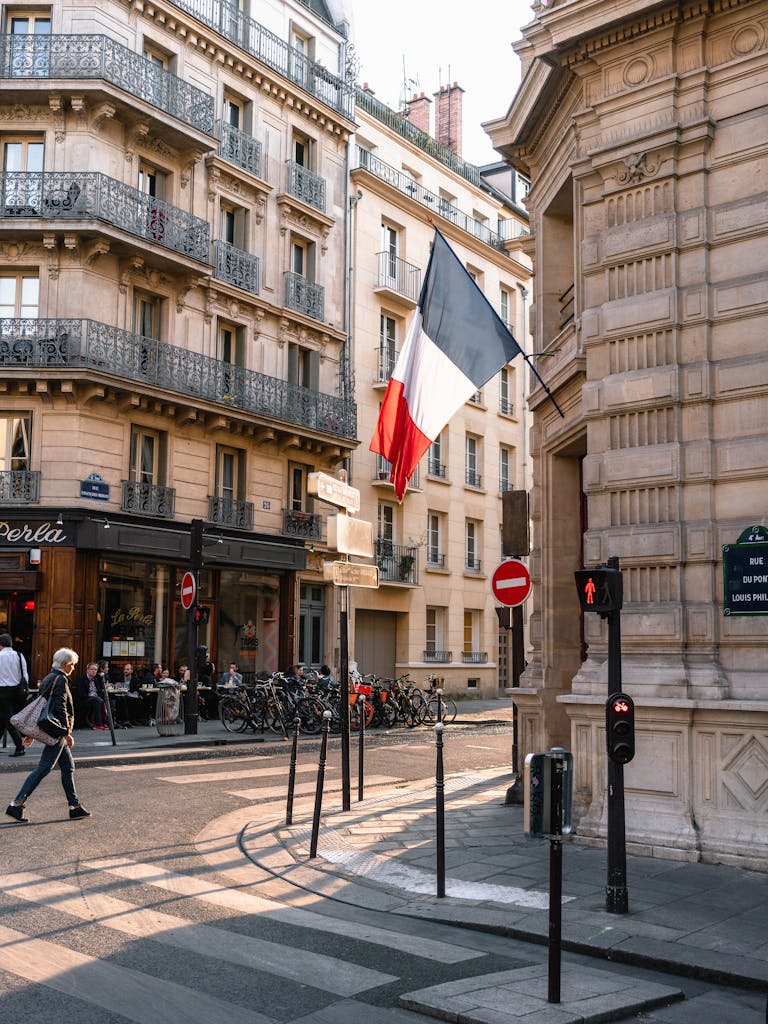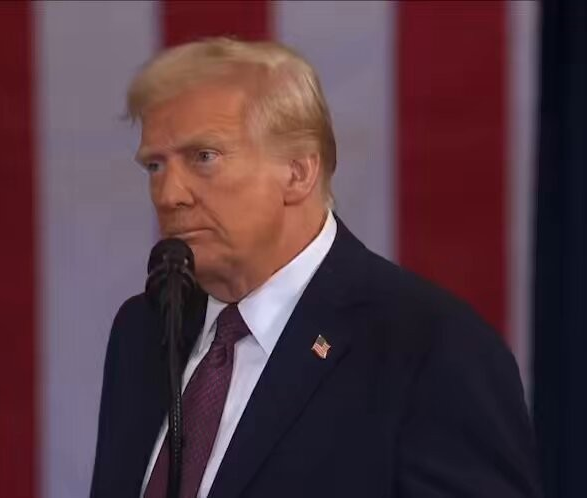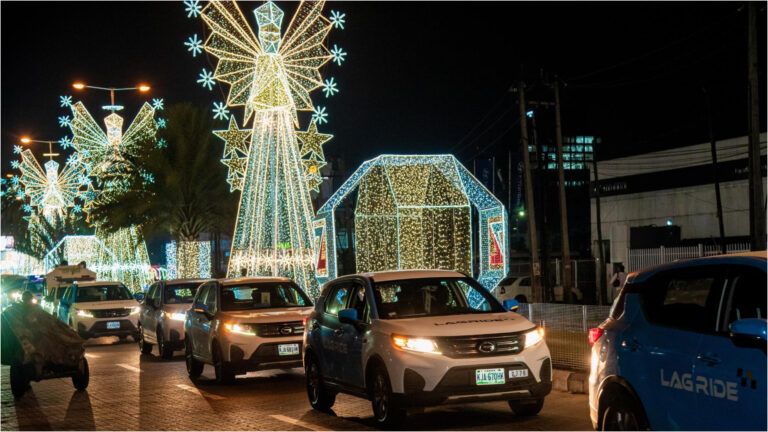US Visa Social Media Requirements: How to Stay Visa-Safe Online.
Welcome to the new reality of US visa social media requirements, where your online life is as important as your application form. It’s no longer a ‘what-if’ requirement; It is what it is.
“Doctor, will they check my TikTok videos? I do skits, o!” she whispered.
Welcome to the new reality of US visa social media requirements, where your online life is as important as your application form.
At 6:15 a.m., I got a DM on Instagram from Chika, a wide-eyed student headed to Boston on an F-1 visa. Her biggest worry wasn’t tuition, housing, or homesickness.
It was Instagram.
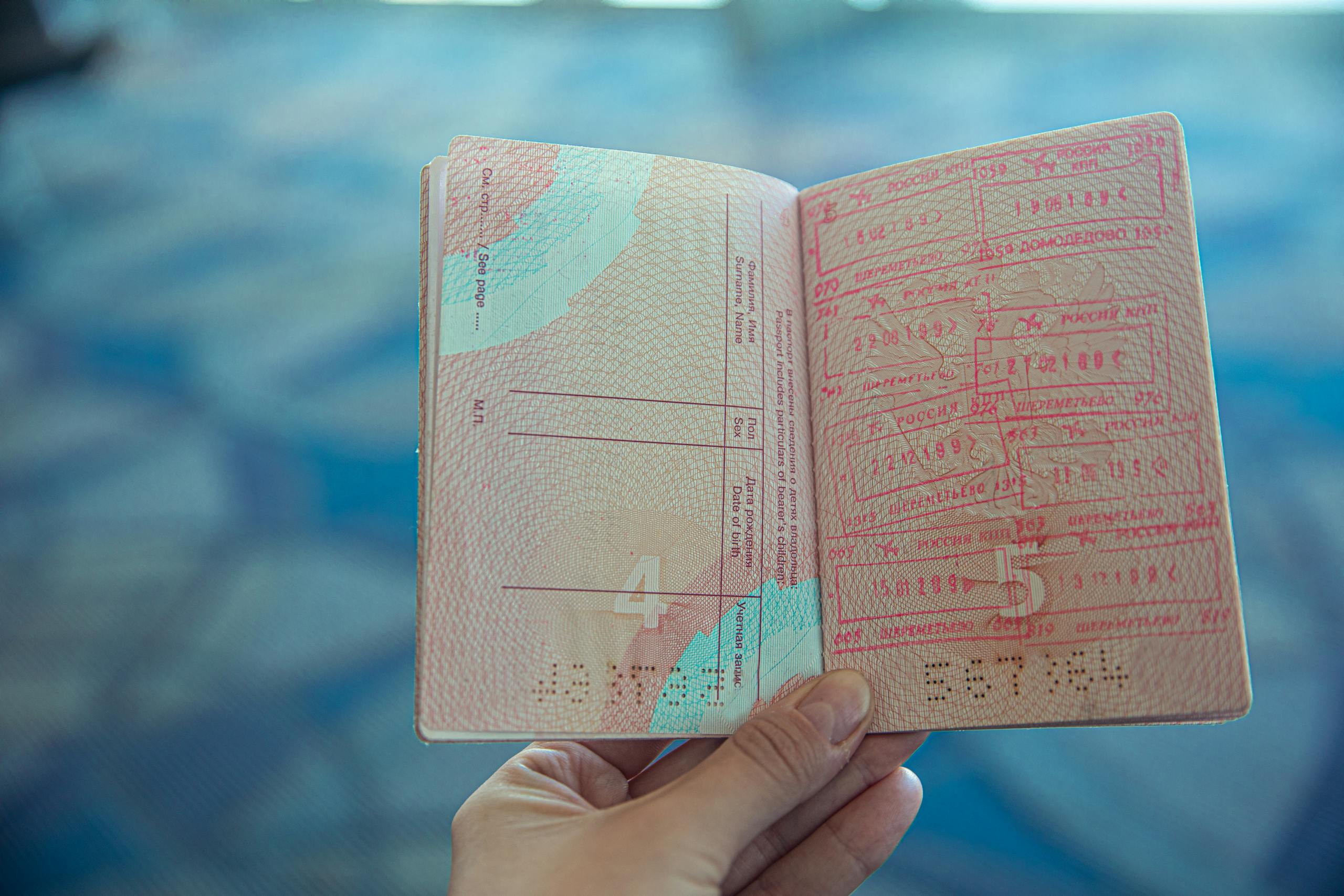
What Has Changed? The New Screening Rule
The U.S. Department of State now requires applicants for certain non-immigrant visas — including F, M, and J visas — to disclose all social media usernames or handles used over the last five years.
- Your profiles must be set to public for vetting.
- Failure to provide accurate information can lead to outright visa denial — and worse, make you ineligible for future U.S. visas.
The official reason? National security and public safety. The practical effect? Every meme, post, and tweet now matters.
3-C Framework for Staying Visa-Safe Online
Before you hit “apply,” run your profiles through this quick test:
1. Clean
Remove inappropriate, misleading, or extreme content. If your page looks like an action movie audition — weapons, fake IDs, shady jokes — tidy up.
2. Consistent
Make sure your online persona matches your visa application. If you claim you’re a student, don’t brand yourself as a “crypto investor living in Miami since 2022.”
3. Credible
Highlight real achievements, education, and community work. A profile that looks authentic helps officers trust your story.
Why This Matters More Than You Think

The US visa social media requirements are not just a formality.
- Embassy officers can cross-check posts against your application — dates, locations, even affiliations.
- A private account with no activity? Suspicious.
- A public account full of wild claims? Risky.
This isn’t about policing freedom of speech — it’s about aligning your digital footprint with your migration goals.
WakaWakaDoctor’s Prescription: What You Should Do Today
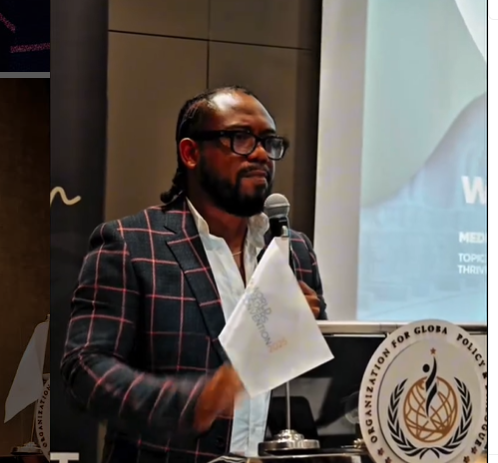
- Audit your social media → Search your own name + handles. What comes up?
- Update your bios → Make them clean, factual, and aligned with your purpose.
- Avoid deleting everything at once → A sudden wipe looks suspicious. Curate instead.
- Document your legitimate activities → Photos of graduation, projects, or travel show credibility.
- Stay consistent across platforms → Use similar names, photos, and timelines.
Remember: Your visa interview doesn’t start at the embassy — it starts on Google.
FAQs on US Visa Social Media Requirements
1. Can the U.S. deny a visa because of my Instagram or TikTok posts?
Yes. If your content raises red flags — like inconsistent information, extremist material, or suspicious activity — it can lead to visa denial under the US visa social media requirements policy.
2. Which visas are affected by these new rules?
The U.S. Department of State has confirmed that F, M, and J visas (for students, vocational programs, and cultural exchange) are included. Other non-immigrant visa categories may also require disclosure if flagged during screening.
The Bottom Line
The new US visa social media requirements are here to stay, and ignoring them is no longer an option. Whether you’re chasing an F-1 dream, an M-1 technical program, or a J-1 cultural exchange, your online presence is now part of your visa application.
Clean it up. Stay consistent. Be credible.
Because in 2025, your timeline is your travel document.


